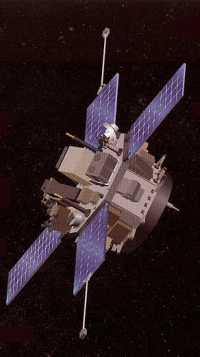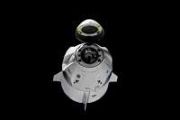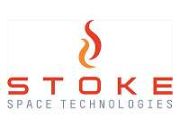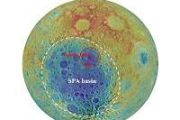Advanced Composition Explorer (ACE) is a NASA space exploration mission being conducted as part of the Explorer program to study matter in situ, comprising energetic particles from the solar wind, the interplanetary medium, and other sources. Real-time data from ACE is used by the Space Weather Prediction Center to improve forecasts and warnings of solar storms. The ACE robotic spacecraft was launched August 25, 1997 and is currently operating in a Lissajous orbit close to the L1 Lagrange point (which lies between the Sun and the Earth at a distance of some 1.5 million km from the latter). The spacecraft is still in generally good condition, and has enough fuel to maintain its orbit until 2024. NASA Goddard Space Flight Center managed the development and integration of the ACE spacecraft.
Instrumentation
- Cosmic Ray Isotope Spectrometer (CRIS): CRIS determines the isotope composition of galactic cosmic rays. It is designed to be sensitive enough to detect isotopes up to the range of zinc (Z-30).
- ACE Real Time Solar Wind (RTSW).
- Solar Wind Ion Mass Spectrometer (SWIMS) and Solar Wind Ion Composition Spectrometer (SWICS): These two instruments are time-of-flight mass spectrometers, each tuned for a different set of measurements. They analyze the chemical and isotopic composition of solar wind and interstellar matter.
- Ultra-Low Energy Isotope Spectrometer (ULEIS): ULEIS measures ion flux and is sensitive to a range from helium through nickel to determine the makeup of solar energetic particles and the mechanism by which the particles become charged by the sun.
- Solar Energetic Particle Ionic Charge Analyzer (SEPICA): As of 2008, this instrument is no longer functioning due to failed gas valves.
- Solar Isotope Spectrometer (SIS).
- Solar Wind Electron, Proton and Alpha Monitor (SWEPAM).
- Electron, Proton, and Alpha-particle Monitor (EPAM).
- Magnetometer (MAG).



































































